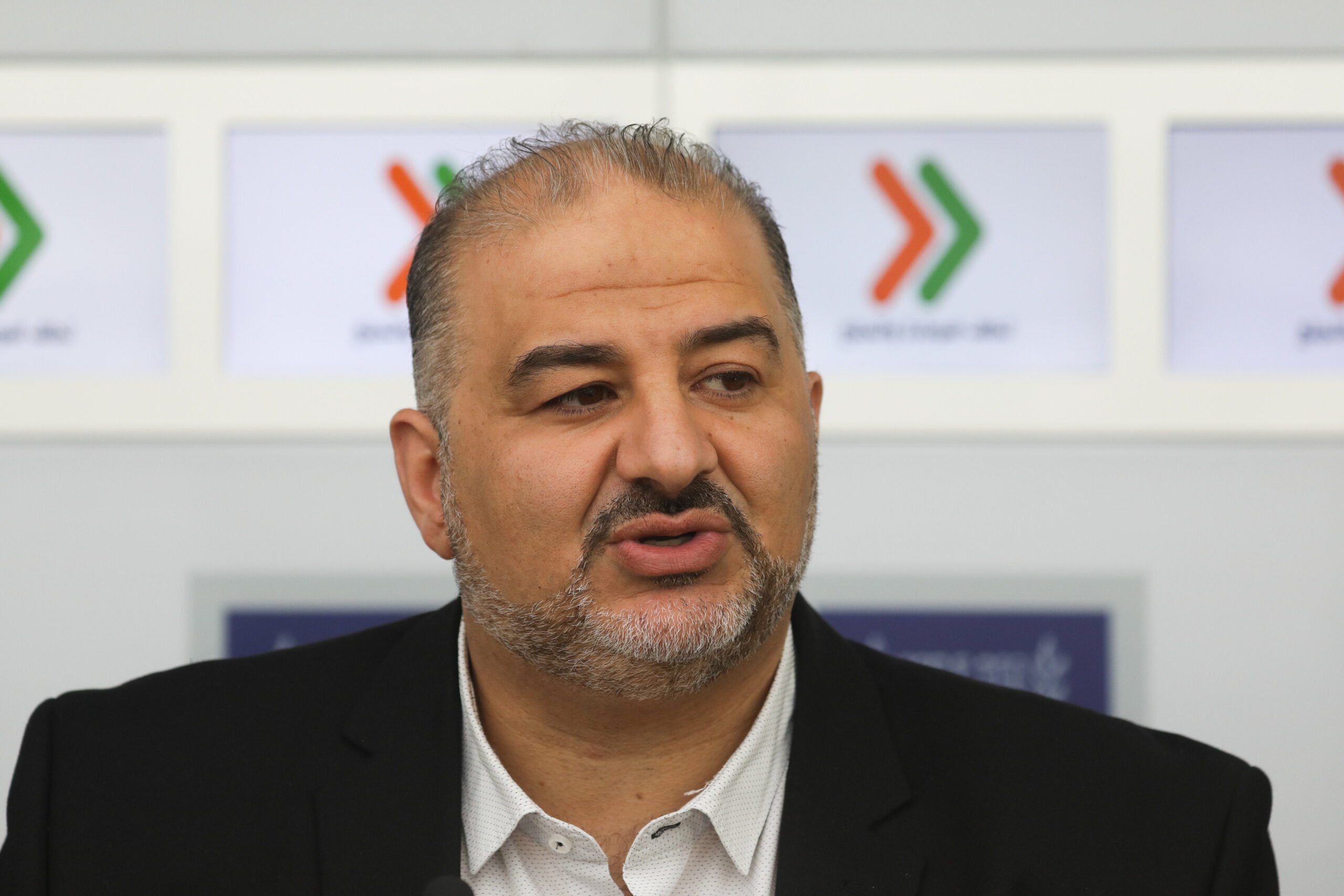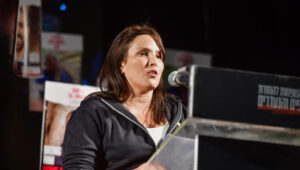My Arab friends have told me a number of times in recent weeks that the Jewish population has absolutely no idea to what extent the normalization of relations with the Persian Gulf states has caused political upheaval in Israel’s Arab community.
Without giving up even a single centimeter of land in Judea and Samaria, Israel’s new peace treaties have had exactly the same effect among the Arabs as the failed Camp David discussions had among the Jewish population. Both sides understand that a Palestinian state by mutual agreement is impossible. For the Joint List, a coalition of Arab parties that holds 15 seats in Knesset, Benjamin Netanyahu’s new Middle East peace doctrine is a confirmation that the idea of a Palestinian state is dead. On the other hand, the Arab voters regard Israel’s new alliances as a sensational development that will bring about a financial boom.

Arab friends from Jaffa and Haifa, as well as Bedouins from Rahat and Segev Shalom, emphasized to me that every new peace between Israel and another Arab country is a blessing for both nations.
For Suliman Asasme, a Bedouin from southern Israel, it’s like a dream come true. “We are all sons of Abraham and have to find a way to live together in peace. The Emirates were the first to have the courage and the money for this.”
Amer from Jaffa shared with me that he has already booked flights to Abu Dhabi in December. “We plan to establish new business connections,” Amer stressed. He and his family have a business selling souvenirs.
An Arab bus driver from Haifa by the name of Ahmed told me that he is surprised by Netanyahu. “I know many people in my neighborhood who will secretly vote for Likud. Bibi, although he and the Likud are right-wing, is carrying out Israel’s left-wing policies. He is the only one who is capable of doing so.”
Similar views can be heard from many Arabs. Of course, one can also hear criticism, but it does not make any sense, as this criticism is only being expressed because it was Bibi who succeeded in making peace with the Arabs. “That is nonsense. After all, it doesn’t make any difference who makes the peace,” Amer added. “Even if I didn’t vote for Bibi, he has to be praised for what he’s done.”
One thing people need to understand, and which we’ve stressed numerous times, is that in Israel the Left is more capable when it comes to taking the nation to war, while the Right is more able to conclude genuine peace deals. In such matters, both automatically enjoy the support of the other side.
Arab statistician and researcher Yosef Miklada stated on Israeli media that the Arab population have a different opinion to that of their representatives in the Knesset, and they welcome the peace treaties. Not only that, according to his research, in the next elections less Arab citizens will vote for the Joint List.
Miklada reports that some 100,000 Israeli Arab voters are disappointed with their representatives and will vote differently in the next election. He confirms what we have heard from numerous Arab citizens in the Land, or have read in the Israeli media. In addition, according to Miklada, these Arabs will still vote, but will instead choose Zionist parties, and in particular the Likud.
This trend explains, among other things, why we recently saw one of the co-leaders of the Joint Arab List, Mansour Abbas, voting with Likud in the Knesset, and thus angering the other members of his own faction. Israeli commentator Amit Segal noted that Mansour’s partners in the Joint List now suspect him of being in a secret partnership with Netanyahu. But he’s likely just responding to the will of his constituency.

And really, this is nothing new. Arab voters have for years been grumbling about their representatives in Knesset, accusing them of being more concerned with Palestinian nationalism than with the interests of Israel’s Arab citizens. For many of Israel’s Arabs, it was the final straw when their own Arab politicians voted recently against the new normalization agreements with Bahrain and the United Arab Emirates. “By doing so they voted against their own principles, which simply doesn’t make any sense,” the young Yussef told me. He works in a bar in Tel Aviv and calls himself Yossi.















